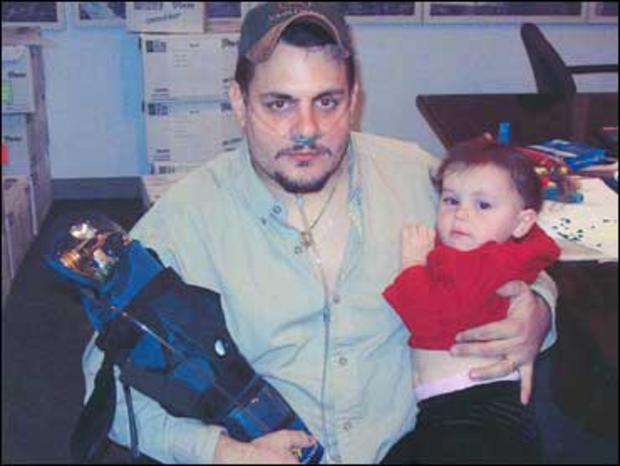Senate Passes Sept. 11 Health Care Bill
Updated 2:57 p.m. Eastern Time
In a voice vote on what will likely be the last day that the current Congress is in session, the Senate passed a $4.2 billion bill to provide free health care and compensation to Sept. 11 first responders and survivors.
The bill, which passed without objection, now goes to the House for approval. If it passes there, it will then go to the White House for the president's signature.
Democratic and Republican lawmakers worked out a deal on the bill earlier today.
Republican Sen. Tom Coburn of Oklahoma, who had threatened to use procedural objections to block the bill, released a statement abandoning his opposition around midday.
"I'm pleased the sponsors of this bill agreed to lower costs dramatically, offset the bill, sunset key provisions and take steps to prevent fraud," he said. "Every American recognizes the heroism of the 9/11 first responders, but it is not compassionate to help one group while robbing future generations of opportunity. I'm pleased this agreement strikes a fair balance and improves the bill the majority attempted to rush through at the last minute."
According to Coburn, the deal reduces costs of the bill to $4.2 billion over ten years -- $1.5 billion for health benefits and $2.7 billion for compensation to first responders and survivors of the Sept. 11 terrorist attacks. New York's two Democratic senators, Charles Schumer and Kirsten Gillibrand. had previously reduced the cost of the bill from $7.4 billion to $6.2 billionin an effort to placate Republican skeptics.
The agreement would also permanently Close the Victims Compensation Fund after five years, cap attorney's fees at ten percent of the total award, and provide more accountability on claims, according to Coburn. Schumer and Gillibrand plan to formally announce the deal at a 2:45 p.m. Eastern new conference.
The aid package is known as the Zadroga 9/11 Health and Compensation Act, and is named after James Zadroga, a New York City police officer who died of a respiratory disease after working in the rubble of the World Trade Center.
Last night, a group of approximately 50 first responders went to Coburn's officein an attempt to lobby the senator to withdraw his plans to block the bill.
Republican have previously objected that the bill amounted to a corporate tax increase because of a requirement that multinational corporations pay taxes on income earned in the United States even if they are incorporated in a tax haven.
The version unveiled earlier this week instead pays for the bill with a fee on some foreign companies that get procurement contracts from the U.S. government. It also calls for an extension of some visa-related fees.
The bill is now headed to the House, where members are eager to go home for Christmas. Late Tuesday night House leaders promised to stay in session through today in hopes that the Senate would pass the bill and get it to their chamber for passage. It is not entirely clear that enough House Democrats remain in Washington to pass the measure, however.
Comedy Central's Jon Stewart, who hosts "The Daily Show," championed the bill, and a number of liberal and conservative commentators pressured Senate Republicans not to block passage. The bill failed an earlier test vote thanks to a GOP-led filibuster.
